For the fifth consecutive year, I had the opportunity to teach a course on Responsible Management at the University for Peace (UPEACE) in Costa Rica. Here are my learnings from this year in the Responsible Management of Sustainable Economic Development Master Program.
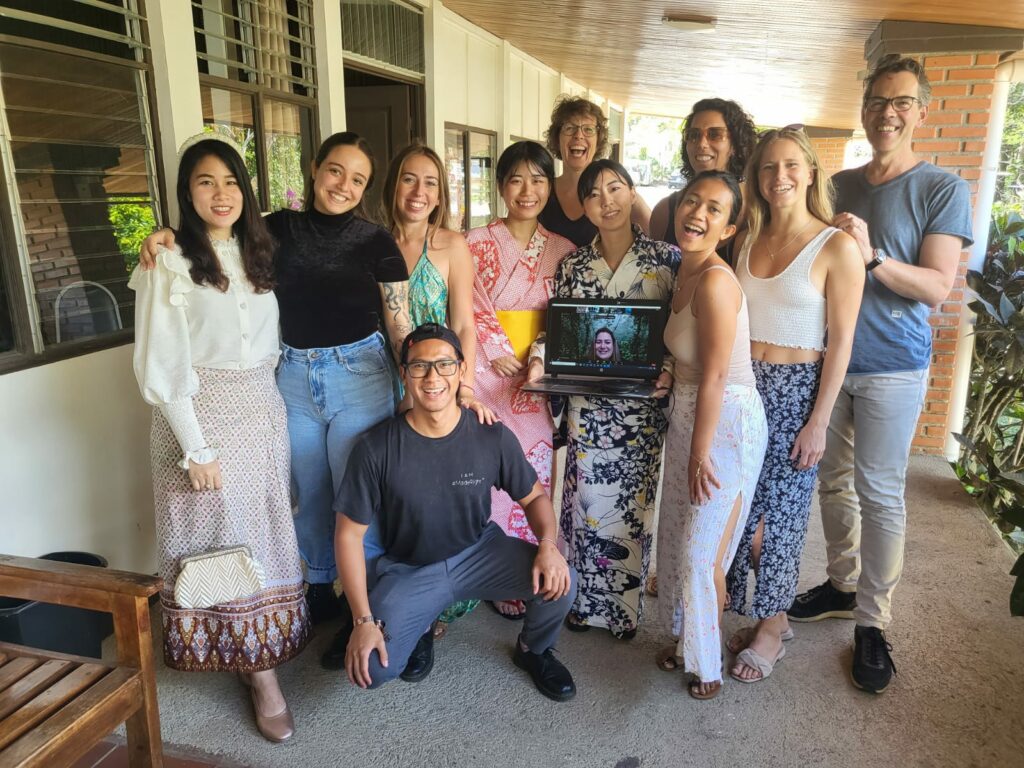
Focus is key – in teaching and organizations
To make it more useful after graduation, we redesigned the course around three focus areas this year:
- Materiality as the foundation for strategy. Materiality assessment is the skill to include and prioritize relevant ethical issues. Integrating stakeholder engagement and management alignment, so it can serve as input for the sustainability and the wider organizational strategy.
- Ethical leadership as the skill and intent to observe, integrate and reconcile ethical values in all aspects of management. Not just for senior leaders: anyone can display the skill and intent to influence others at moments that matter. This requires guts, letting go of ego, and the ability to create movement – around a purpose that matters.
- Systems thinking to drive transitions. This includes taking a look at the bigger picture, analyzing how different parts of a system interact, and developing interventions that result in sustainable outcomes. Learning to blame the game, not the players, and changing the rules of the game. Applying a 4-phase transition model, in which each phase has its own dynamic and provides different roles for different stakeholders.
Open dialogue fosters learning
Like other years, the students in the class were great. Eager minds from around the world, showing up to learn and contribute every day. With spot-on reflections on the readings, helping each other understand the content through examples from their work experience. With room for dialogue, deep listening, and vulnerability as well as a lot of energy and fun – especially in the group presentations.
I, too, learn a lot from the classes. Designing the course with Andre Nijhof, reading newly included academic papers, and interacting with guest lecturers. But first and foremost through the reflections, examples, and questions shared by the incredibly diverse group of students!
Things that will stick with me from this year’s teaching experience at UPEACE:
- After an excellent presentation on the social and environmental issues in conventional banana cultivation, from now on, I’ll only buy organic, fairtrade bananas
- After an interactive role-play around the sustainability strategy and performance (or lack thereof) of Haribo, I’ll stop eating gummy bears
- A very informative party with beer and dancing made me much more aware of the carbon impact of fertilizers in the beer value chain
- In-person education is just so much more fun. Yet in the past three years, we’ve all gotten so much better at online and hybrid education and presence
- How the models we highlight in the course apply differently in different socio-economic situations. Explained beautifully by students from countries like Peru, Japan, and Indonesia.
Grateful for this teaching opportunity
I am very grateful to have this learning opportunity year after year. Thank you to Olivia, Alonso, Wendy, and others at UPEACE for inviting us to teach this course. Hats off to Lucy (Tony’s Chocolonely), Megan (Impact Institute), Dante (Human Rights expert), and Ed (purpose-driven serial entrepreneur, Eat This, GreenCircle) for generously sharing your perspectives, journeys, and advice. Thank you André (Nyenrode Business University) for cocreating and teaching this together – and for great road trips around Costa Rica on the weekends. And last but not least, thank you to the students: Amonnat, Camila, Camille, Erika, Lara, Laura, Mika, Olivia, Rijal, and Sae. I can’t wait to see where you are heading after UPEACE – and the positive change you will contribute to around the world!
This blog was written by Marjolein Baghuis. To find out more about the University for Peace (UPEACE), check out the website. To read about interesting people, book reviews, and other posts about sustainability, change, and communications please subscribe to this blog in the right-hand column.


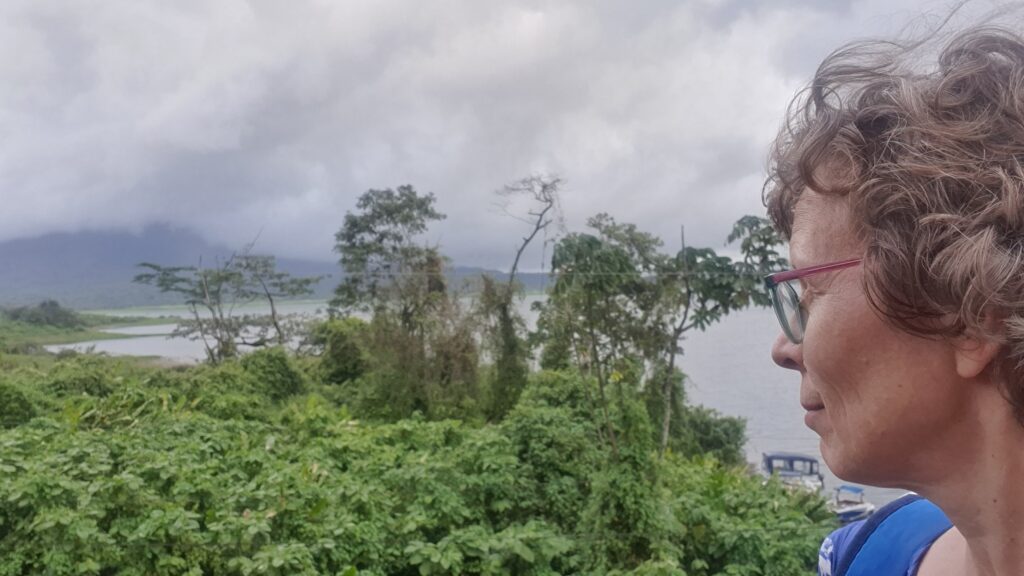
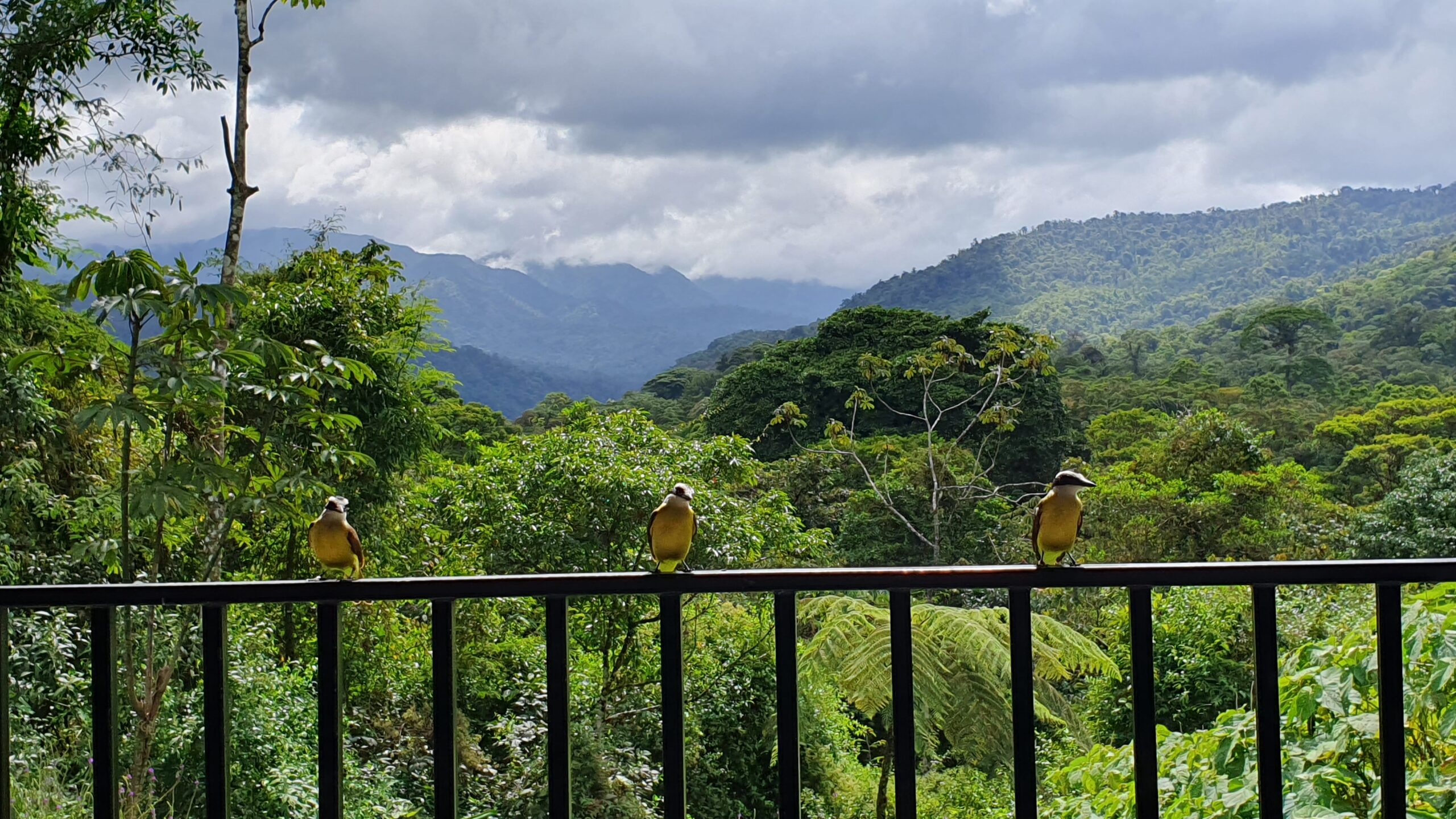
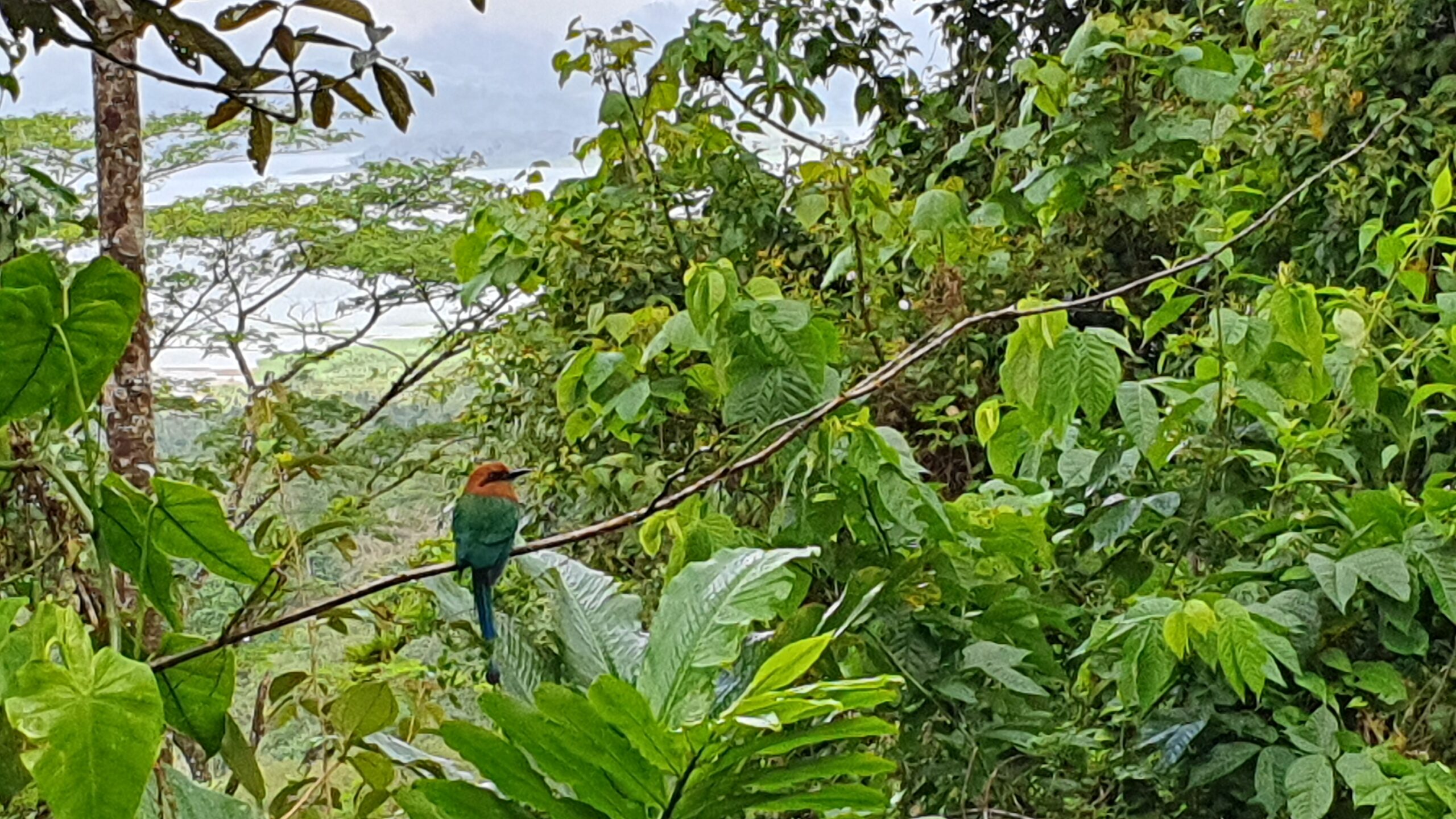
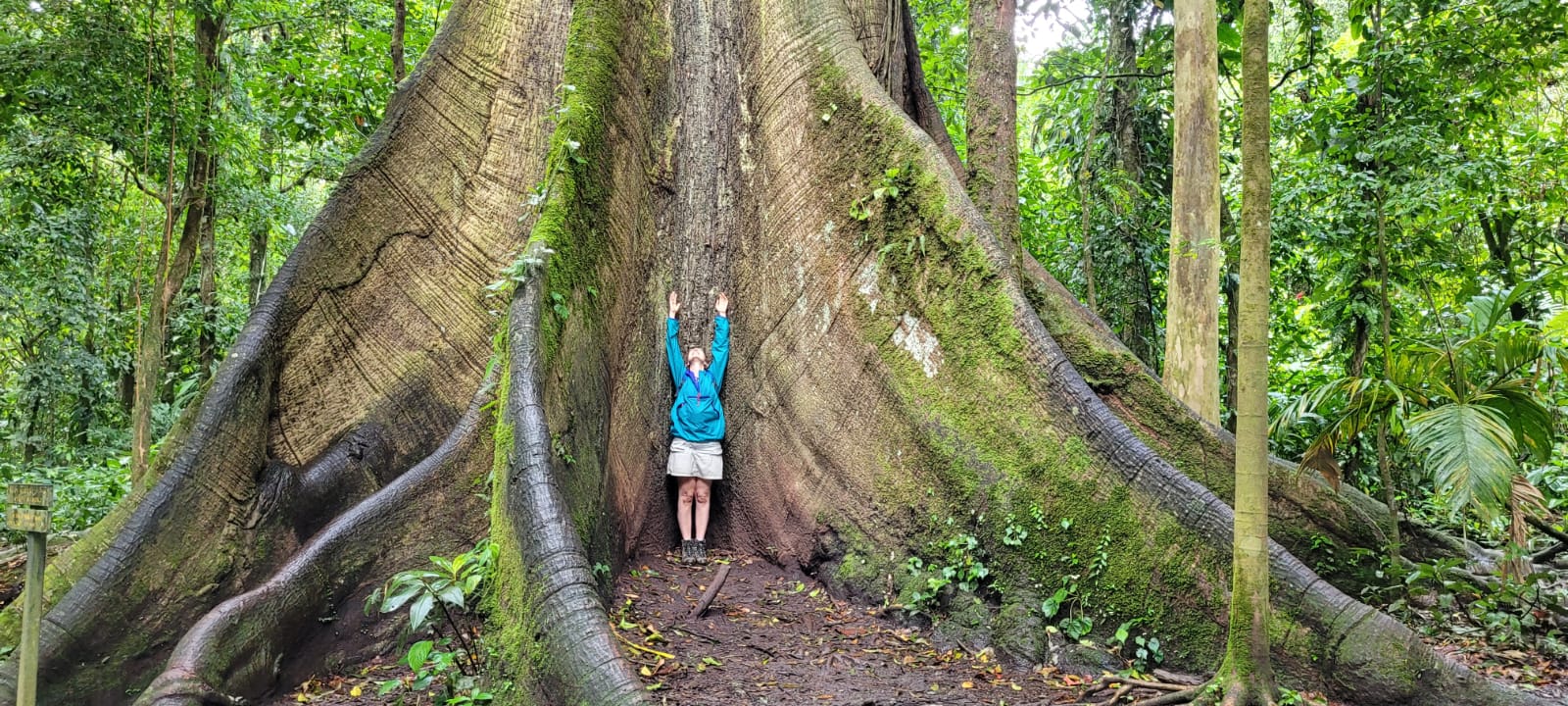
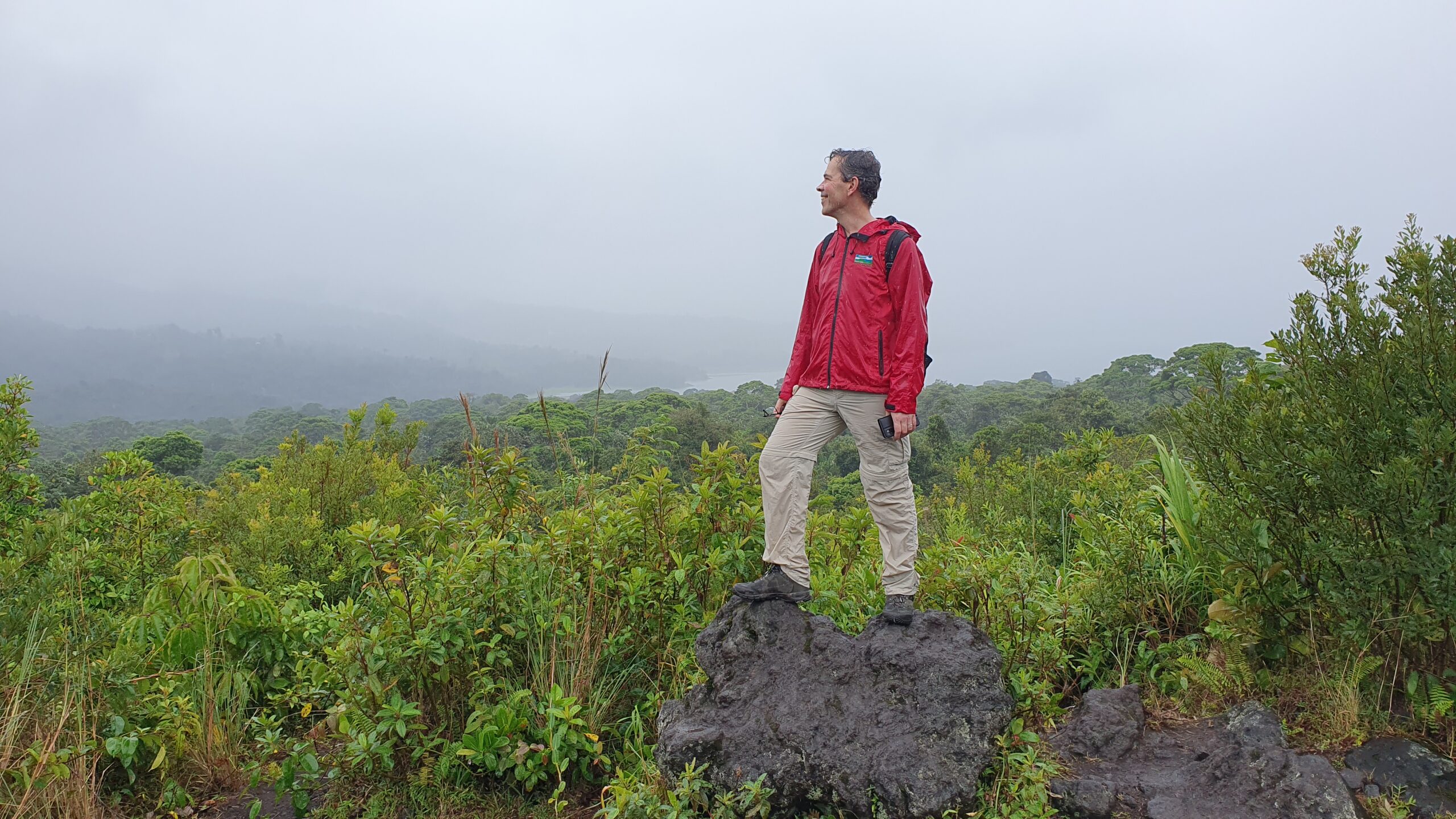
2 Comments